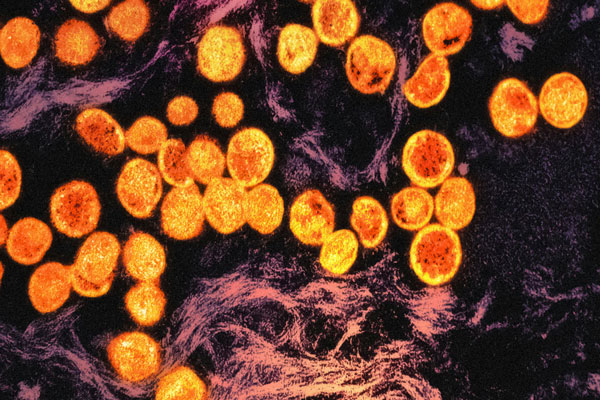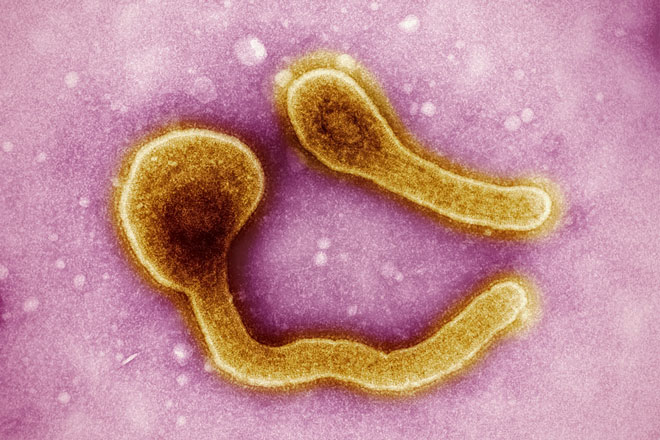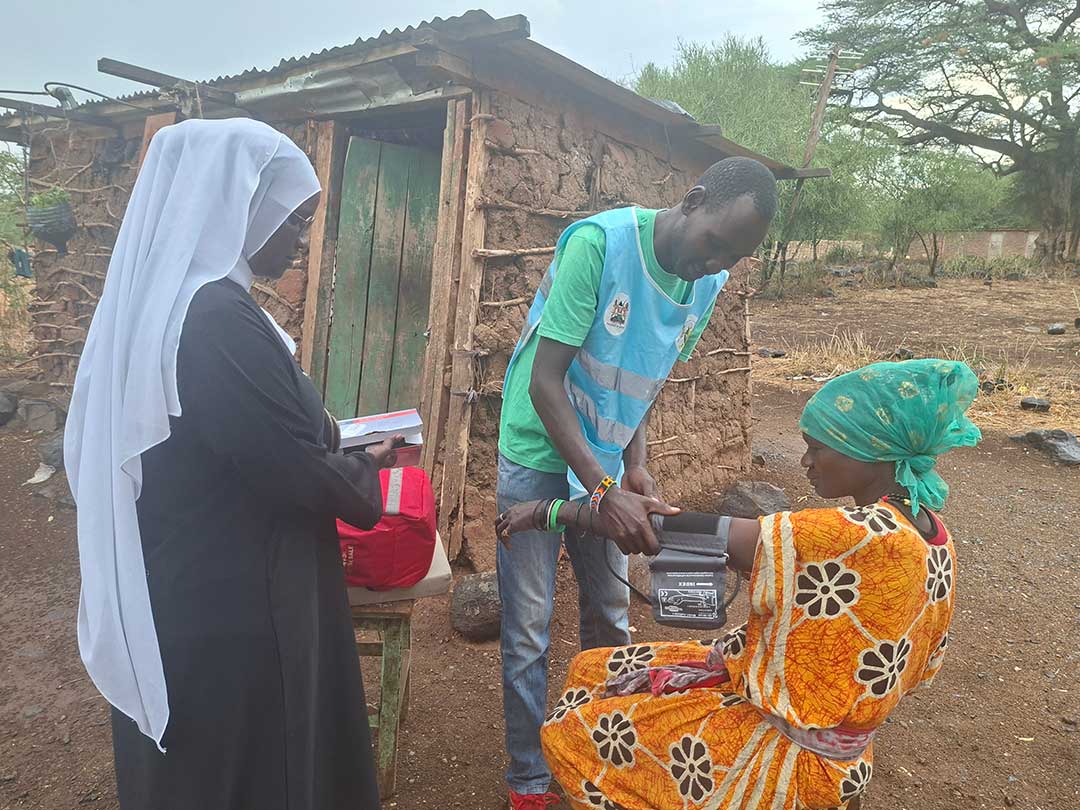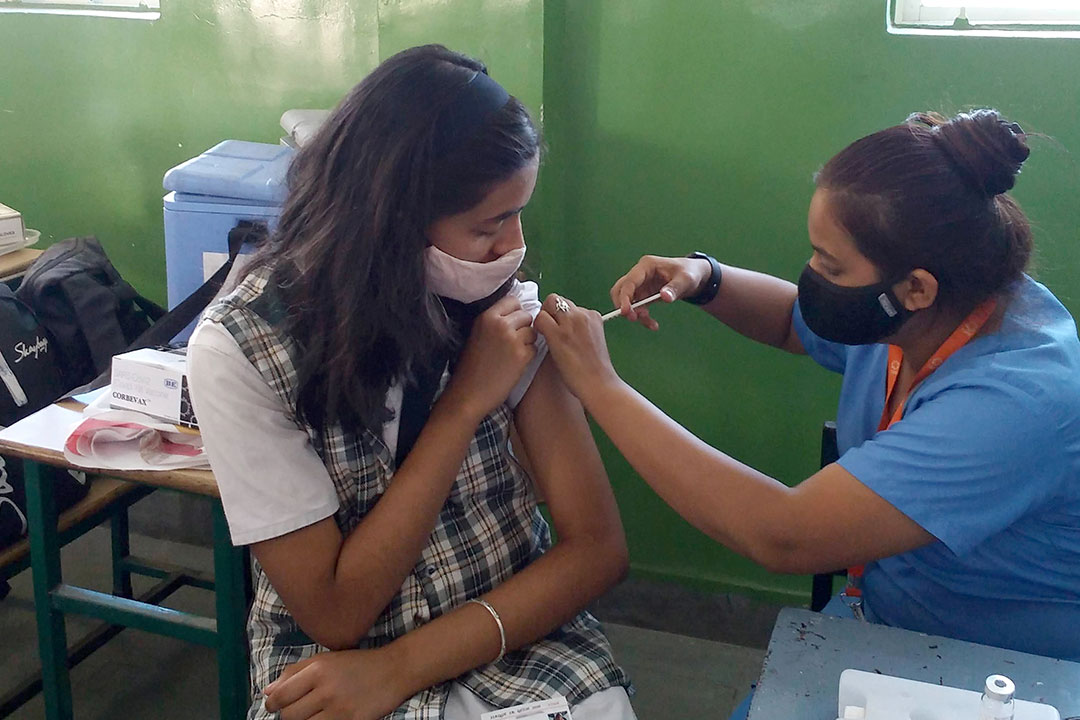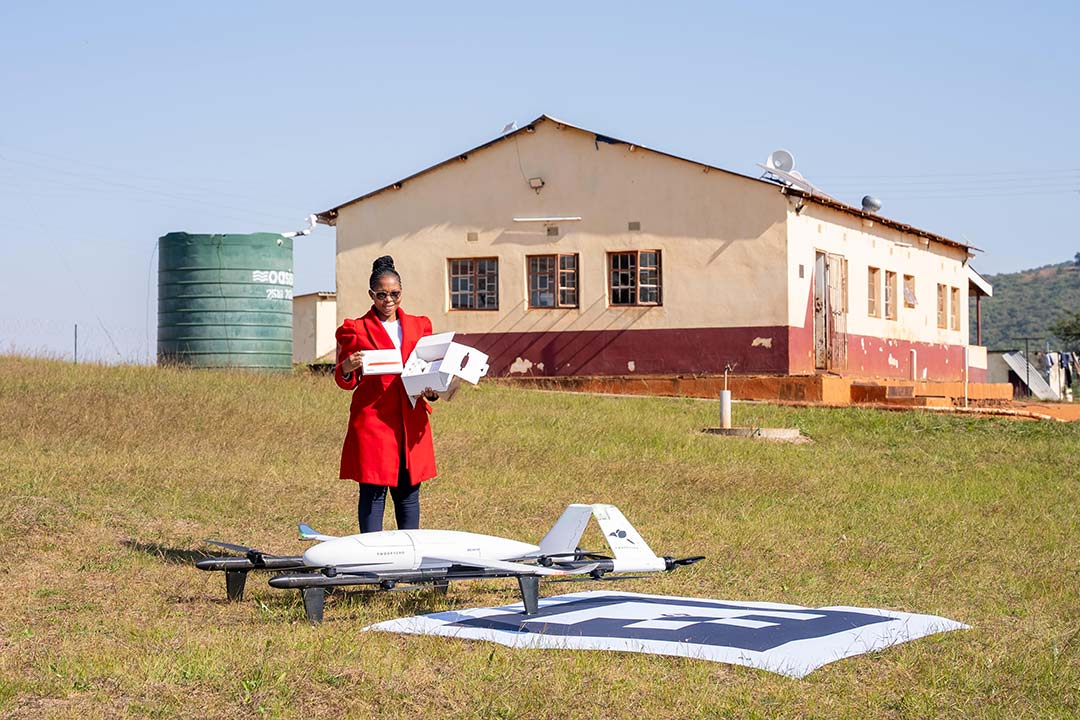Has the mpox (monkeypox) epidemic disappeared?
The disease caused alarm when it spread worldwide earlier this year. While cases have reduced, experts warn this is not the time for complacency.
- 20 December 2022
- 3 min read
- by Priya Joi

Monkeypox – now renamed mpox to avoid the racist and stigmatising language used for the disease that originated in Africa – seems to have disappeared from the headlines. But has the disease really gone away? World Health Organization (WHO) data now suggests that while the threat has lowered, it has not disappeared completely.
Unexpected global spread
Mpox was discovered in humans in 1970 in the Democratic Republic of the Congo, and the disease was limited to Central and Western Africa for the majority of the time since, with the occasional case spread through travellers to other parts of the world.
Despite Africa having countries that are endemic for mpox, they have had virtually no access to the vaccines, nor to smallpox vaccines that had previously been used to protect against mpox.
But in May this year, cases of the disease, that causes fever, muscle aches and boil-like skin lesions, began spreading rapidly around the world. In response, in July, WHO classified it as a public health emergency of international concern (PHEIC), signalling its highest level of alarm.
The outbreak started in the UK when a traveller returned from Nigeria, where the disease is endemic. But these isolated cases have happened before, and the outbreak has died out fairly quickly. This time, the initial cluster of cases spread and the disease started to emerge in several countries across Europe, as well as Australia and the Americas.
Scientists are still not clear on why the virus started spreading so rapidly, though African epidemiologists have been warning for a few years that patterns of transmission seemed to be changing in endemic countries. "This is the first time that cases and sustained chains of transmission have been reported in countries without direct or immediate epidemiological links to areas of West or Central Africa," says WHO.
Have you read?
Going but not gone
According to WHO, as of 19 December, there have been more than 83,000 cases in 110 countries and 66 deaths. Encouragingly, the number of new cases globally weekly has decreased by 49.3% ;in the past week compared to the previous week, with 265 new cases worldwide compared to 523 cases from 5 to 11 December.
Currently the Region of the Americas is deemed to have a higher risk than the African region. Most cases reported in the past four weeks were from the Region of the Americas (90.5%) and the European Region (4.9%).
The ten most affected countries worldwide are: USA (29,513 cases), Brazil (10,293), Spain (7,416), France (4,110), Colombia (3,908), UK (3,730), Germany (3,675), Peru (3,587), Mexico (3,509), and Canada (1,459). Together, these countries account for 85.7%of the cases reported globally.

Credit: Studio Miko
Focus on elimination
In some parts of the world, such as the US, there has been a fairly robust supply of the JYNNEOS monkeypox vaccine, which may have blunted the epidemic. However, as with almost all vaccines, low-income countries have been at the back of the queue.
Despite Africa having countries that are endemic for mpox, they have had virtually no access to the vaccines, nor to smallpox vaccines that had previously been used to protect against mpox. Africa only just received its first batch of mpox vaccine as a donation from South Korea a few weeks ago, according to the Africa Centres for Disease Control and Prevention (Africa CDC).
This is a critical time to suppress the epidemic by rolling out the vaccine in an equitable way, say experts. A paper in The Lancet in October warned that just because monkeypox is currently controllable, it may evolve and might not be easily controllable in future.
